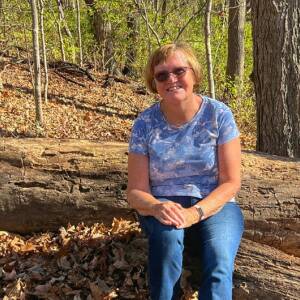Limpkin
Tuesday
Today we went canoeing on the Hillsborough River, near Tampa, starting from John B. Sargeant State Park. I have to admit to being a little apprehensive, since we would be canoeing in alligator country, but we were assured that they've never had an incident in 10 years of operation, and if you get too close the alligators will generally slither into the water and sink to the bottom. There was just one point where we had to get closer than I fancied as the waterway was fairly narrow at that point, and there was a fallen tree trunk forcing us closer to the bank, but as they predicted he did indeed slither into the water and disappear! Besides the alligators, we saw loads of turtles and many birds - glossy ibis, great blue heron, green heron, little blue heron, egrets, anhingas, spoonbills, a flock of black vultures and the bird featured in my blip, the limpkin. (Best viewed large)
The Limpkin is found mostly in wetlands in warm parts of the Americas, reaching the northern extent of its breeding range in Florida. It looks like a large rail but is skeletally closer to cranes. It is also known as the "crying bird", due to its loud wild wail or scream, most often given at night and at dawn and dusk. It inhabits freshwater marshes and swamps, often with tall reeds, as well as mangroves, where it feeds almost exclusively on apple snails, which it extracts from their shells with its long bill. Less important prey items are insects, frogs, lizards, crustaceans and worms. Limpkins forage primarily in shallow water and on floating vegetation such as water hyacinth and water lettuce. When wading they seldom go deeper than having half the body underwater, and never are submerged up to the back. They walk slowly with a gait giving the impression of lameness or limping, hence its name.
On the whole it was a great trip, except unfortunately, when we stopped at about the half-way point to eat our lunch, Roger slipped on the leaf-covered slope when he was pulling the canoe up, and sprained his ankle. We had no choice but to carry on, as this was wilderness country, I don't think we saw a house all the way down the 9 miles. In any case, it didn't particularly interfere with paddling, but he was hobbling quite badly the rest of the day. He iced it when we got back to the hotel, and I was wondering whether he should get it x-rayed, but he said he would wait and see how it was in the morning.

Comments
Sign in or get an account to comment.


